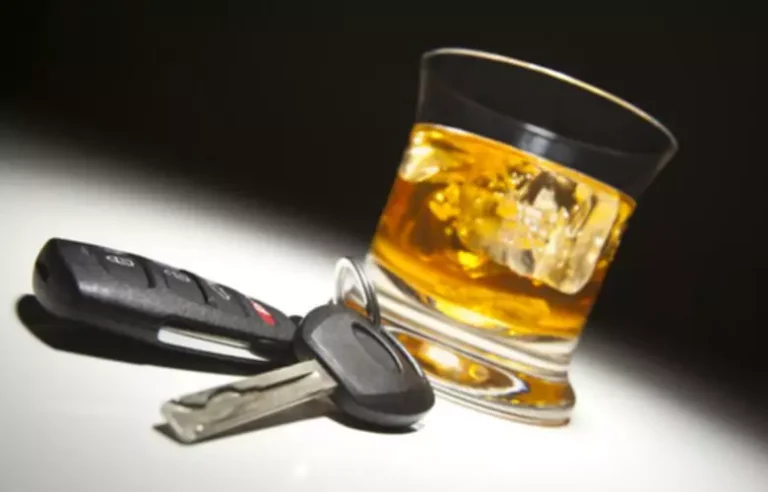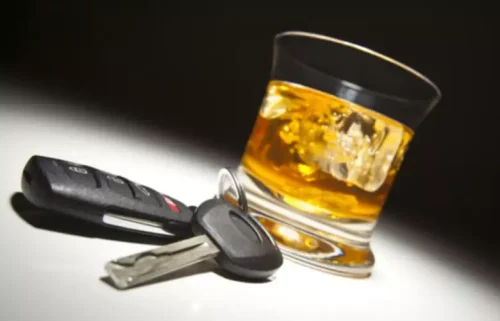Night sweats and alcohol: Causes and treatment

Whether it’s for social get-togethers, seasonal events or house parties, there’s usually some form of alcohol involved. While relaxing with a drink can be fun, it’s important to keep track of our intake. However, as long as we’re sensible and aware of our Alcohol Use Disorder units, our chances of developing health issues are low.
Snorting Dangers: The Cocaine Effects on Your Nose You Need to Know About
- However, hot flashes and drinking alcohol are linked because of hangovers.
- Some people will feel an overall hot flush that affects their entire body.
- A student at Onondaga Community College, in Syracuse, New York, was also found dead earlier this year as a result of hypothermia and alcohol intoxication, according to syracuse.com.
- This can give you the sensation of being hot, especially in your face and neck areas.
Alcohol withdrawal syndrome (AWS) is usually an uncomfortable process, which is why it’s recommended that people undergo https://ecosoberhouse.com/ medical detox to safely recover from withdrawal. To grasp why drinking alcohol makes one feel hot, it’s essential to explore how alcohol interacts with the body’s thermoregulation mechanisms. The human body maintains a core temperature around 98.6 degrees Fahrenheit (37 degrees Celsius), regulated by the hypothalamus in the brain. This part of the brain acts as a thermostat, ensuring that body temperature remains stable despite external changes. Drinking alcohol often comes with a range of sensations, from the warmth that spreads through the body to the relaxation that follows.

The Relationship Between Alcohol and Hot Flashes
- Receive encouragement from people worldwide who know exactly what you’re going through!
- And while some people do consume alcohol to help relieve chronic pain, it is possible for tolerance to occur such that pain relief lessens over time.
- In response, certain chemicals of excitability that are stamped down by alcohol, like glutamate, suddenly reactivate and lead to symptoms such as increased blood pressure and heat.
- If you struggle with binge drinking or alcohol abuse and want to quit, you aren’t alone.
- If you feel these types of symptoms when drinking alcohol, but to an extreme level, it’s important to speak to your doctor before drinking alcohol again.
Additionally, alcohol consumption can elevate metabolic rates, resulting in increased heat production within the body. why does alcohol make me hot As the liver metabolizes alcohol, energy is released in the form of heat, contributing further to this sensation. Being aware of these environmental factors helps contextualize personal experiences with warmth during and after consuming alcoholic beverages. These factors combined lead to an increased sensation of warmth when drinking alcohol. Alcohol acts as a vasodilator, widening blood vessels and increasing blood flow to the skin’s surface, leading to a sensation of warmth. With alcohol intake, the blood vessels in the skin tend to widen when the heart rate speeds up.
- What’s more, there’s a recognized link between alcohol and low body temperature, which is why drunk people are at risk of hypothermia.
- We use a pharmacist-formulated blend of Glutathione, Dihydromyricetin, Cysteine, L-Theanine, & B Vitamins to stop alcohol flushing before it can begin.
- Melody is here to help as you adjust to a life with less (or no) alcohol.
- The natural tendencies of your body — to detect cold, for example — are there to protect you from frostbite or hypothermia.
- Dehydration reduces your body’s ability to regulate temperature effectively, making you more susceptible to feeling hot.
Why Do I Feel Hot After Drinking Alcohol?

Certain supplements like Sunset Alcohol Flush Reduction helps your body break down toxic acetaldehyde quicker so you experience less side effects from alcohol and aren’t exposed to acetaldehyde as long. By delving into the science behind flushed skin and overheating, we can better understand our body’s response to alcohol consumption. We’ll explore how alcohol impacts everything from our blood vessels and hormone levels to our hydration and blood sugar. Alcohol consumption can also affect hormone levels in your body, particularly adrenaline. Adrenaline is a hormone that plays a role in regulating your body’s response to stress. When you drink alcohol, it can lead to an increase in adrenaline levels, which may contribute to the feeling of warmth.

Does Physiological Dependence Mean You’re Addicted to Alcohol?
Those with a gene called ALDH2 break down acetaldehyde slowly, allowing it to flood their system. This dilates blood vessels and rushes blood to the skin’s surface, resulting in facial reddening and discomfort. While not dangerous in small amounts, long term acetaldehyde exposure is linked to higher cancer risks and chronic inflammation. There are over the counter supplements that can help process acetaldehyde faster to avoid these side effects however. If you turn red when drinking alcohol while others stay cool, you may have this intolerance. Keep reading for our favourite tips on how to manage and prevent alcohol flushing.
Because we feel a warm sensation from alcohol, many people assume that alcohol warms the body and increases our body temperature. However, studies show that alcohol can actually lower our core body temperature and increase our risk of hypothermia. Alcohol dependence in and of itself does not constitute addiction, but dependence is often a sign of addiction. People with alcohol intolerance may need to avoid drinking alcohol to stop night sweats from occurring.
